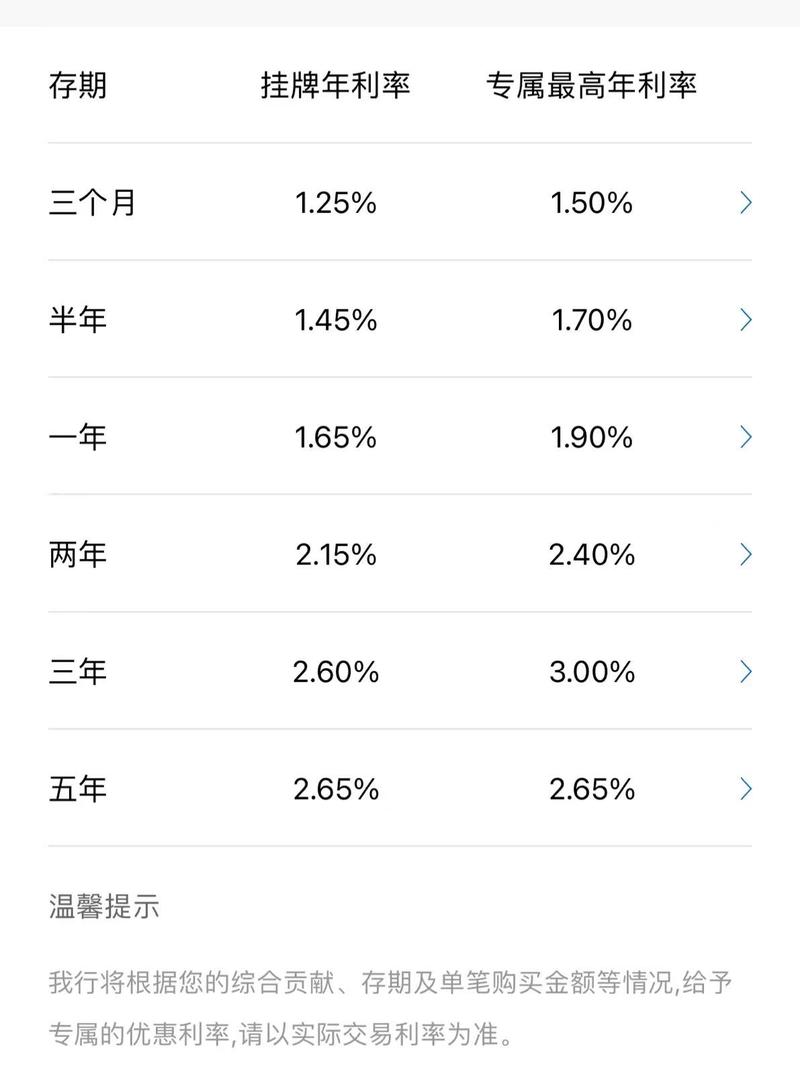文学理论英文版
Title: An Essential Reading List of World Literary Theory
Introduction:
Exploring the realm of literary theory is like embarking on a journey through the rich tapestry of human thought and expression. As the study of literature evolves, so too does the theoretical framework that underpins it. Below is a curated list of essential readings in world literary theory, offering diverse perspectives and insights into the interpretation and analysis of literature.
1. "Literary Theory: An Introduction" by Terry Eagleton
Terry Eagleton's comprehensive introduction provides a solid foundation for understanding various literary theories, including structuralism, poststructuralism, Marxism, feminism, psychoanalysis, and postcolonialism. It offers clear explanations and critical engagement with key concepts, making it an invaluable resource for both beginners and advanced students.
2. "The Anxiety of Influence: A Theory of Poetry" by Harold Bloom
In this seminal work, Harold Bloom presents his theory of poetic influence, arguing that all poets are influenced by their predecessors and engage in a struggle to overcome this influence to establish their own unique voice. Bloom's insightful analysis delves into the complexities of literary creation and the relationship between tradition and innovation.
3. "Affective Criticism: From Barthes to Deleuze" by Gregory J. Seigworth and Melissa Gregg
This collection of essays explores the intersection of affect theory and literary criticism, examining how emotions and affects shape the production and reception of literary texts. From Roland Barthes to Gilles Deleuze, the contributors analyze the affective dimensions of language, narrative, and subjectivity, offering new ways of understanding the emotional impact of literature.
4. "Orientalism" by Edward Said
Edward Said's groundbreaking work examines the ways in which the West has constructed and represented the East as the "Other" in literature and culture. By deconstructing Orientalist discourses, Said exposes the power dynamics and ideological biases inherent in Western depictions of the East, sparking critical reflections on colonialism, identity, and representation.

5. "Simulacra and Simulation" by Jean Baudrillard
Jean Baudrillard's provocative exploration of hyperreality and simulation challenges traditional notions of reality and representation. Through analyses of media, consumer culture, and the proliferation of images, Baudrillard unveils the dissolution of distinctions between the real and the simulated, inviting readers to question the nature of truth and authenticity in literature and beyond.
6. "The Death of the Author" by Roland Barthes
Roland Barthes' essay "The Death of the Author" proposes a radical shift in literary interpretation by asserting the autonomy of the text from the intentions of the author. Barthes argues that meaning is produced through the interaction between the reader and the text, opening up possibilities for multiple interpretations and destabilizing fixed authorial authority.
Conclusion:
This curated list represents just a glimpse into the vast and dynamic field of world literary theory. By engaging with these foundational texts and ideas, readers can deepen their understanding of the complex relationship between literature, culture, and society, and cultivate critical perspectives that enrich their appreciation of literary works from diverse traditions and epochs.











